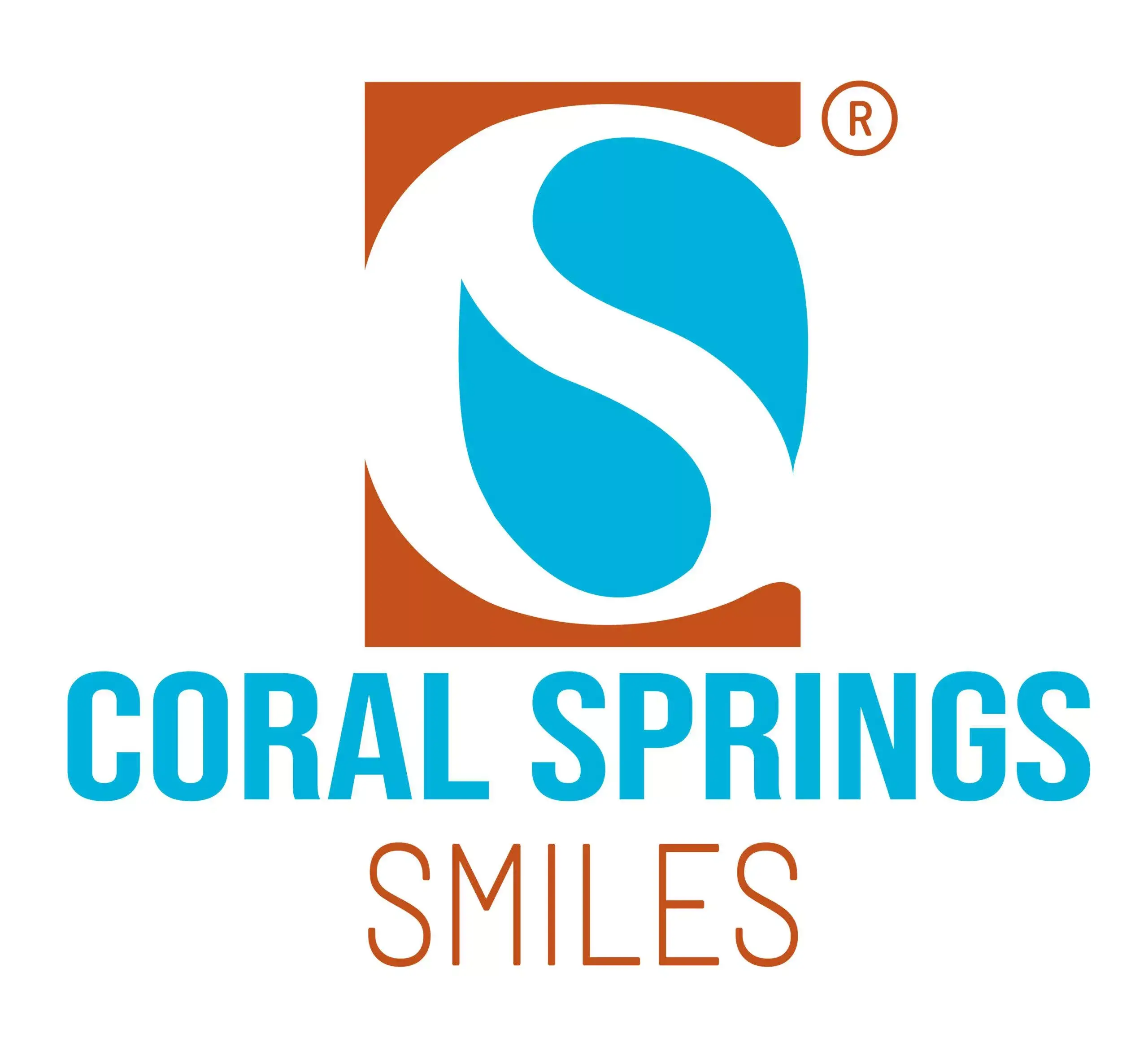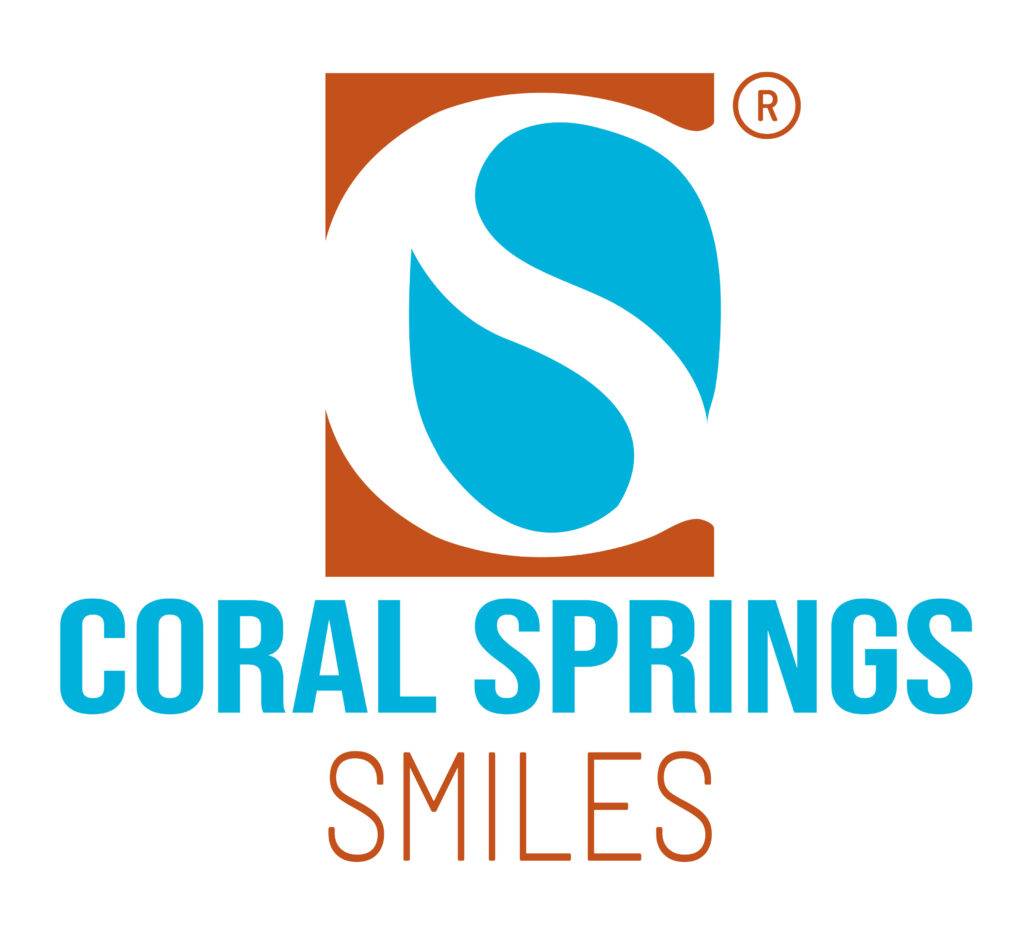
Brushing and flossing twice a day – that’s the golden rule for healthy teeth and gums. But when it comes to the order, opinions seem to differ! Should you floss before brushing to loosen up the debris, or brush first to dislodge food particles for easier flossing?
Let’s dive into the science of flossing and brushing!
Brushing First:
Pros: Brushing can loosen plaque and food particles, making them easier to remove with floss. This might be especially helpful for people with tight spaces between their teeth.
Cons: Brushing might push some food particles deeper between teeth, making flossing less effective.
Flossing First:
Pros: Flossing removes plaque and food particles from between teeth where brushing can’t reach. This can be particularly beneficial for people who are prone to gum disease.
Cons: Some studies suggest flossing after brushing might remove more toothpaste-containing fluoride, potentially reducing its protective effect.
So, what’s the verdict?
The truth is, there’s no one-size-fits-all answer. Both methods have their advantages and disadvantages, and the best choice for you might depend on your individual oral health needs and preferences.
Here are some additional factors to consider:
The type of floss you use: Floss picks or thicker floss might be more effective in removing stubborn plaque, regardless of the order.
Your dexterity: If you have trouble flossing effectively, brushing first might be a better way to ensure you remove most food particles.
Your dentist’s recommendation: Ultimately, your dentist knows your mouth best and can advise on the best flossing and brushing routine for you. For consultation, contact us Coral Springs Smiles
Remember: The most important thing is to brush and floss regularly, regardless of the order. And don’t forget to keep your dentist in the loop for personalized advice!


